
image: istock
Article by BR Michelle
If you’re a beauty fanatic, chances are you’ve heard of mineral makeup. From mineral powders and eyeshadow to even mineral-based mascara, mineral makeup has been all the rage for quite some time…and for good reason! Known for its health benefits to the skin (along with its more natural ingredients), makeup in this form is moving up higher and higher on the popularity scale, proving that it’s a beauty trend that’s here to stay. Wondering about the ins and outs of mineral makeup? We’re here to help demystify this beauty phenomenon. Read on to learn everything there is to know about this type of makeup, including its pro’s, cons, and everything in between!
History of Mineral Makeup
Mineral makeup is not a new marvel; in fact, it’s been used during the ancient times to, you guessed it, improve one’s appearance. Cleopatra’s famous head-turning cat eye look consisted of using kohl while others used finely milled minerals on the skin for war paint, camouflage, and even for traditional gatherings. Eastern societies, such as that of China and Japan, used minerals to paint their faces pale and charcoal to outline their eyebrows. In ancient Greece, colored minerals were used on the lips and eyes an in effort to bring one closer to the gods.
Who Brought Mineral Makeup to the Mainstream?
We have Diane Ranger to thank for popularizing mineral makeup and bringing it to the mainstream. The Bare Escentuals cosmetic chemist introduced mineral makeup in 1976 in an effort to not only provide makeup lovers with alternative products that are made with more natural ingredients, but to also offer them ones that give off a more natural look as well. And when makeup companies were required to list all of the ingredients of their products, there became an increased awareness of just how many harmful things we put on our face. With that, mineral makeup made its debut and has never looked back.
What’s in Mineral Makeup?
So, what exactly is in mineral makeup? The best way to describe what’s in this aesthetician and cosmetologist-approved makeup is to take a look at what’s not in it. Most mineral products are free of preservatives, waxes, emollient oils, and fragrances. Instead, these ingredients, often found in conventional makeup products, are replaced with ingredients such as titanium dioxide, zinc oxide, and vitamins. Made up of finely milled or ground minerals, this type of makeup is known for its skin benefits, which are discussed below.
Mineral Makeup Benefits
The benefits of mineral makeup are aplenty. While some claim that mineral makeup helps clear up their acne, others say their pores feel less clogged and that their skin is protected from the sun. The truth of the matter? Mineral makeup contains zinc, which not only helps calm inflammation that’s often caused by acne, but also protects the skin from the damaging effects of the sun when combined with titanium dioxide. Regardless of the fact that both ingredients (zinc oxide and titanium dioxide) are considered effective skin protectors, you should still use SPF to prevent your skin from developing age spots, sunspots, or any other sun-related skin damage.
If your biggest pet peeve is sporting heavy makeup, then mineral makeup may be for you. Known for its ultra-lightweight, velvety smooth feel, this type of makeup feels like a second layer of skin (rather than an actual makeup product)—cheers to that!
Pitfalls of Mineral Makeup
While mineral makeup products do have their fair share of benefits, there are a few pitfalls. For one, color selection is often limited, so finding your Holy Grail shade may be a difficult task.
More often than not, mineral makeup has a heftier price tag than conventional makeup products. Whether you decide to take the mineral route is up to you and how willing you are to deepen the hole in your wallet. Remember, though, that you get what you pay for.
Who Should Use Mineral Makeup?
Because mineral makeup products are hypoallergenic and comedogenic, which means they are free of skin and eye irritating ingredients and also don’t clog pores, it’s great for those who have sensitive skin. And if your skin is no stranger to acne, mineral makeup is the perfect alternative to conventional makeup, as it covers up the blemish without causing further irritation. Plus, it helps soothe irritation and redness—a double threat!
Have dry skin? You may notice that mineral makeup accentuates your dryness, causing the flaky, patchy areas of your skin to shine through. And the same rings true for oily-skinned beauties, as mineral makeup products can often draw attention to the oily parts of the skin. Also, mature skin may find that mineral makeup highlights fine lines and wrinkles.
If you have extra dry and still want to use mineral makeup, try moisturizing your skin before applying the product. This will give it something to stick on to, which will help give your skin a healthier, patch-free look. For oily-skinned beauty lovers who want to give mineral makeup a whirl, set makeup with a powder after application and carry around a pack of blotting papers for touch ups on the go.
What Forms Does Mineral Makeup Take?
Powder foundations, bronzers, and blushes are the most common forms of mineral makeup, but mineral mascara, eyeshadow, and even eyeliner are making their way onto the shelves, too. Bronzers, blushes, and eyeshadows can even come in loose mineral form, rather than pressed, which gives a more pigmented, opaque look.
Looking to give mineral makeup a whirl? You could just find your Holy Grail product. Start small with trying out just a couple mineral-based products, such as a powder or a blush. Remember to read the labels and ingredient lists carefully to avoid giving your skin an allergic reaction.
Whether you’re a mineral makeup novice or pro, we want to know your thoughts! Let us know your experiences with mineral makeup and any recommendations you may have.



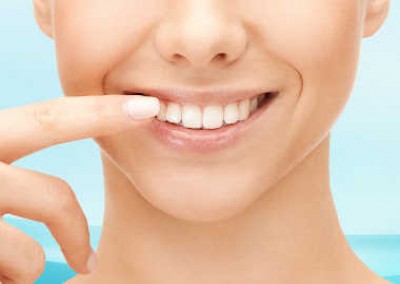
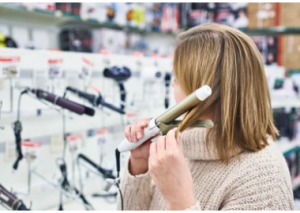
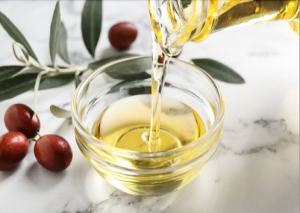
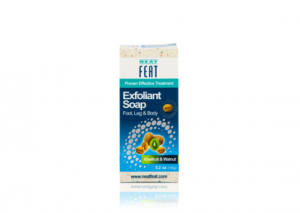

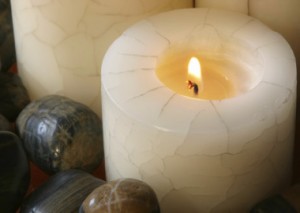


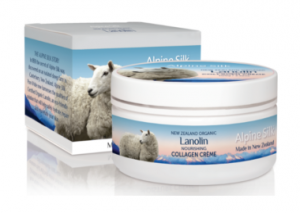

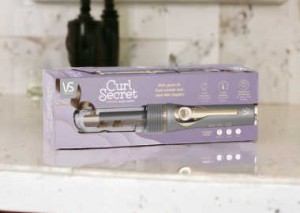
I love doll face mineral foundation right now. I didn't think I could use any powder foundation as my skin is dry so usually powder looks cakey. I bought mine on sale at a local Salon and now I've tried I'd I'll buy more at full price. The coverage is really good which surprised me as its powder and and its not as obvious as liquid foundation. I don't use it every day but love having this in my kit.